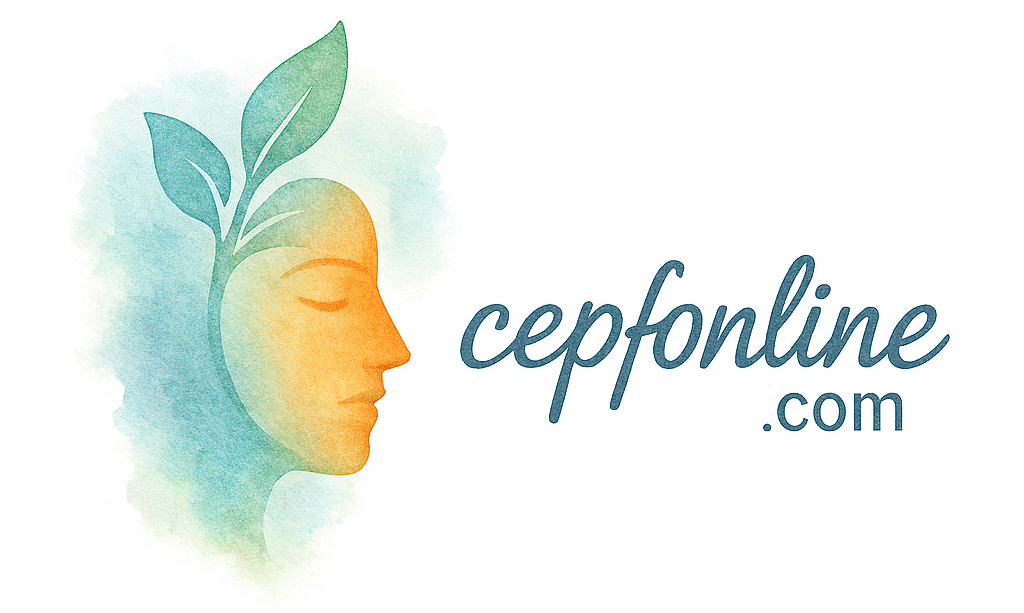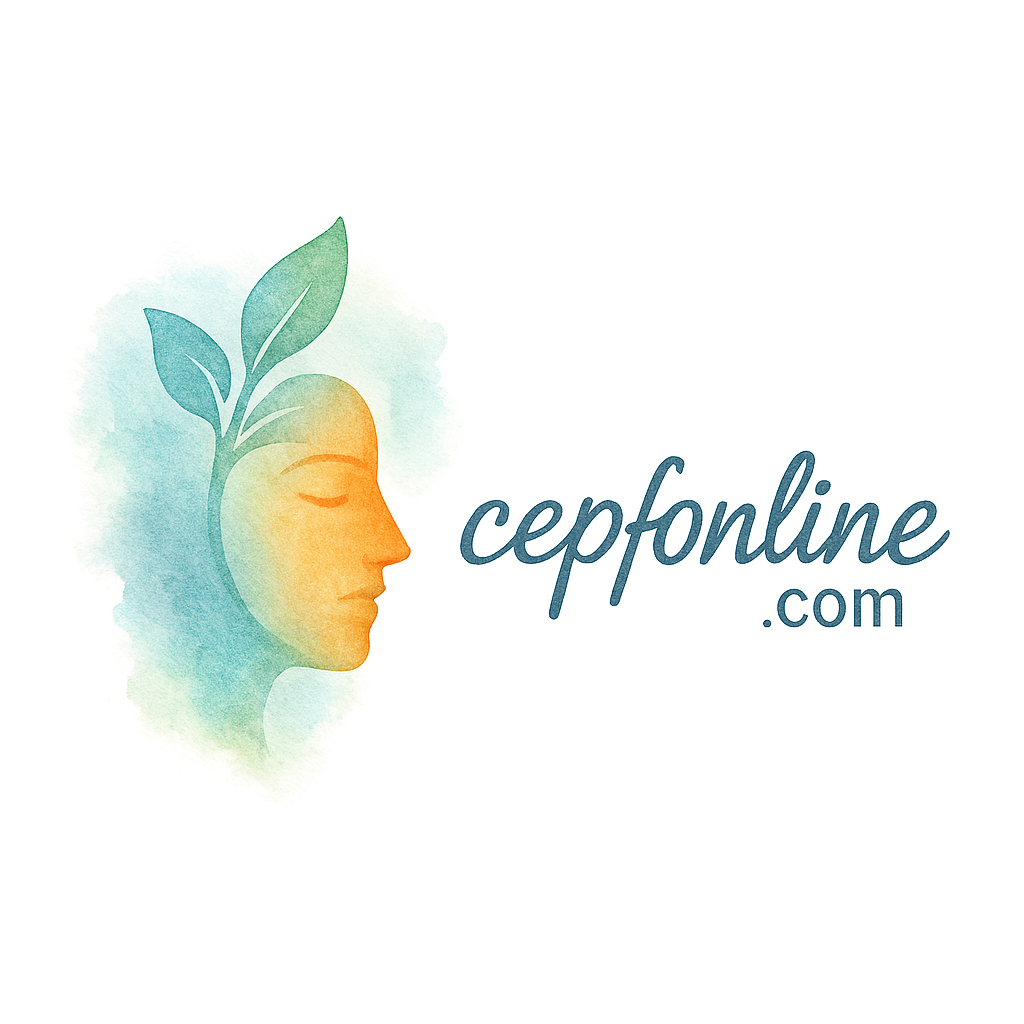Are you feeling like your career is in a rut? Wondering if there’s something more out there for you professionally? Let’s face it, sometimes we all hit a plateau. But if these feelings persist, it might be time to invest in professional development.
Whether you’re stuck in the same role, falling behind industry trends, or dreaming about doing something totally different—these are all signs that a change is needed. Let’s dive into 10 signs you need professional development right now (and what to do about it).
What Is Professional Development and Why It Matters
Professional development is more than just a corporate buzzword. It’s the key to unlocking the next level of your career—whether through certifications, workshops, mentorship, or skills training.
The Role of Career Growth
Your job should evolve with you. If it’s not, then career growth through professional development may be the bridge between where you are and where you want to be.
Importance of Continuous Learning
The best professionals never stop learning. Staying updated with the latest trends and tools keeps you relevant and desirable in today’s fast-paced job market. Explore courses and certifications that match your goals.
1. You Feel Stuck in Your Career
Do you feel like you’re doing the same thing over and over with no excitement or progress?
Lack of New Challenges
When was the last time you faced a real challenge at work? If it’s been a while, that’s a red flag.
Repeating the Same Work Year After Year
If your job hasn’t changed in 3+ years, and you haven’t learned anything new, then it’s time to shake things up with new courses or skills.
2. You’re Behind on Industry Trends
Falling behind in your field is one of the fastest ways to become irrelevant.
Not Staying Competitive
Today’s employers expect you to stay sharp. Are you keeping up with the tools, platforms, and strategies your competitors use?
Ignoring New Certifications or Courses
If everyone around you is getting certified and leveling up while you’re staying still, check out our certifications page and start exploring options.
3. Your Skills Are Outdated
Are your skills no longer enough to meet the demands of your role or industry?
Missed Opportunities Due to Skills Gap
Sometimes, promotions or better jobs pass us by—not because of lack of potential, but because of lack of preparation.
When Was the Last Time You Took a Course?
Think about that. If it’s been years, then you’re long overdue. Browse our professional exam preparation resources to get started.
4. You’re Frequently Overlooked for Promotions
If you’re constantly getting passed over, you may need to boost your resume with relevant development.
No Career Growth Plan in Place
A strong career planning strategy includes proactive learning. No plan = no progress.

5. You Lack Motivation and Inspiration
Let’s be real—if you dread Mondays, that’s not normal.
Losing Interest in Daily Tasks
Boredom is often a sign that your mind is craving new information or stimulation.
Signs of Burnout and Boredom
Professional development can reignite that spark. Get inspired with real student stories and testimonials that prove it’s never too late to love what you do again.
6. You Struggle with Confidence at Work
Confidence comes from competence. And competence comes from continuous learning.
Feeling Underqualified or Outpaced
Ever feel like everyone else is ahead of you? Get ahead with the latest insights from our industry insights blog.
7. You Want to Transition to a New Career
Feeling like you’re in the wrong field altogether?
Exploring New Paths Through Courses
There’s no rule saying you have to stay in the same job forever. Use online courses to pivot toward something you love.
8. You Want to Earn More
Better pay often comes with better skills.
Skills and Certifications Equal Pay Boost
It’s that simple. Investing in yourself through certification programs could be the smartest financial decision you make this year.
9. You Need Better Study and Exam Prep Habits
Getting certified or switching careers often involves exams. And you’ve got to be ready.
Certification Exams Require Strategy
Our study tips section is packed with strategies for mastering professional exams.
10. You’ve Been Thinking “There Has to Be More”
Sometimes you don’t need a reason—you just know.
Your Inner Voice Is Telling You Something
Listen to that voice. It’s probably right. Find inspiration from others who took that leap by checking out our success stories.
How to Start Your Professional Development Journey
Now that you’ve seen the signs, it’s time to take action.
Find the Right Online Learning Platform
Check out CEPFO, your go-to source for career success, practical guidance, and reliable online courses.
Take Action with the Right Resources
Need motivation on the go? Subscribe to our career podcasts for weekly tips and advice. And if you’re serious about change, dig into our best tips for reaching professional success.
Final Thoughts
Professional development isn’t just for executives or managers. It’s for anyone who wants more—from their job, from their goals, from life. If any of these 10 signs hit close to home, don’t ignore them. Your future self will thank you.
Start small. Start now. Just start. Visit CEPFO and let’s take your career to the next level.
FAQs
1. What is professional development?
It’s the ongoing process of improving skills and gaining knowledge to advance your career.
2. How often should I engage in professional development?
Ideally, at least once a year through courses, certifications, or learning events.
3. Can professional development help me switch careers?
Absolutely! It’s one of the best ways to transition successfully into a new field.
4. What are the best platforms for online courses?
Platforms like CEPFO offer industry-specific, flexible options to grow your skills.
5. How do I know which course is right for me?
Start with your goals and browse career planning resources to align learning with your future.
6. What if I don’t have time for full-time study?
Look into self-paced courses or certification prep tools to fit your schedule.
7. Is professional development really worth the investment?
Yes! The return is not only financial, but also personal growth, confidence, and long-term job satisfaction.


